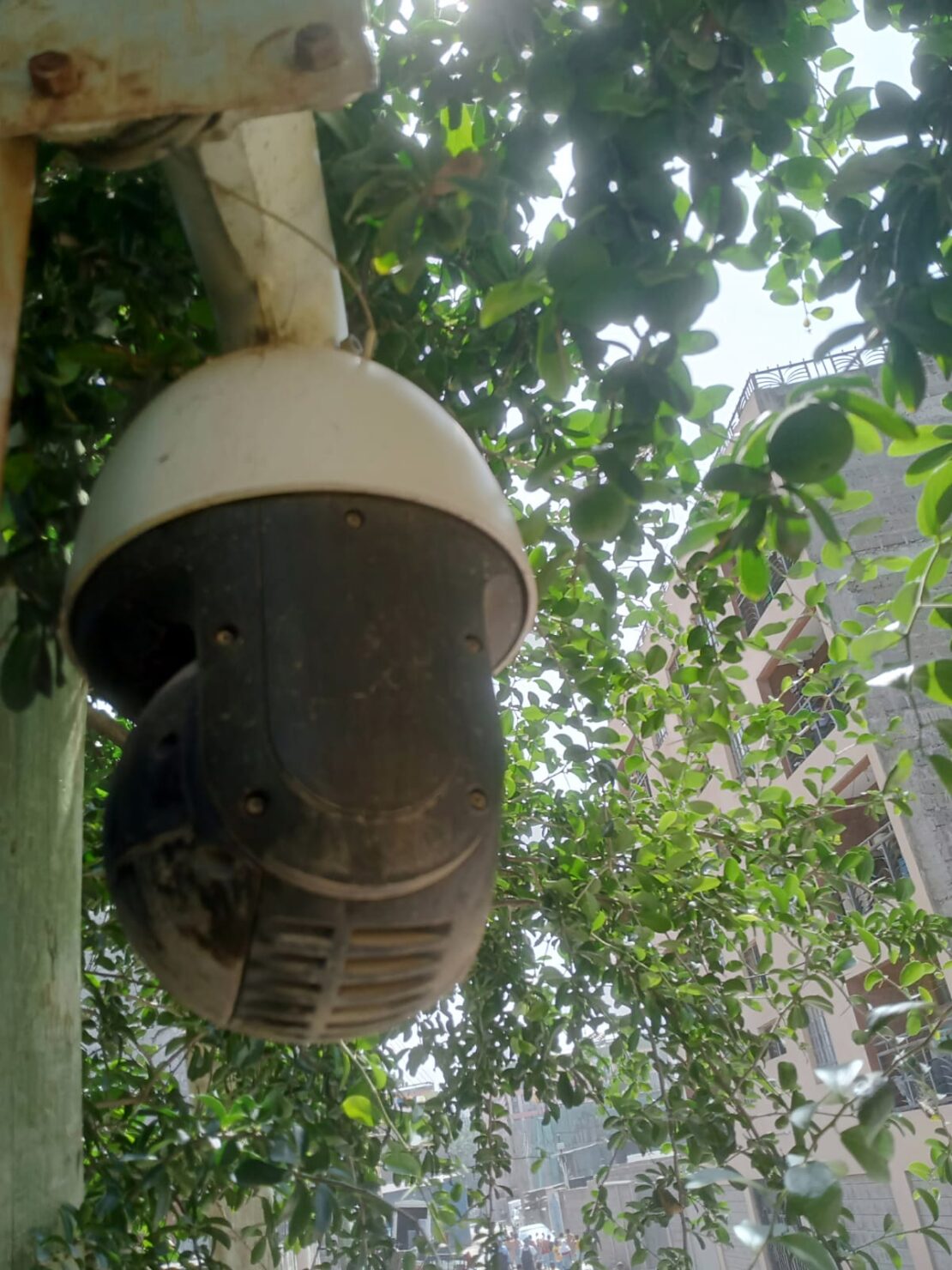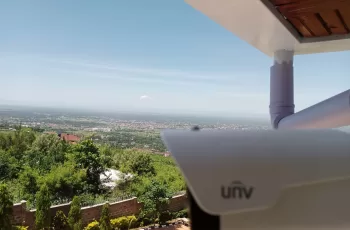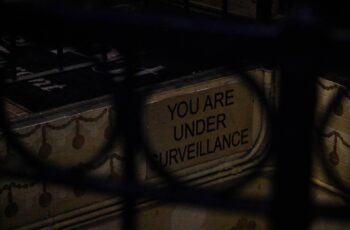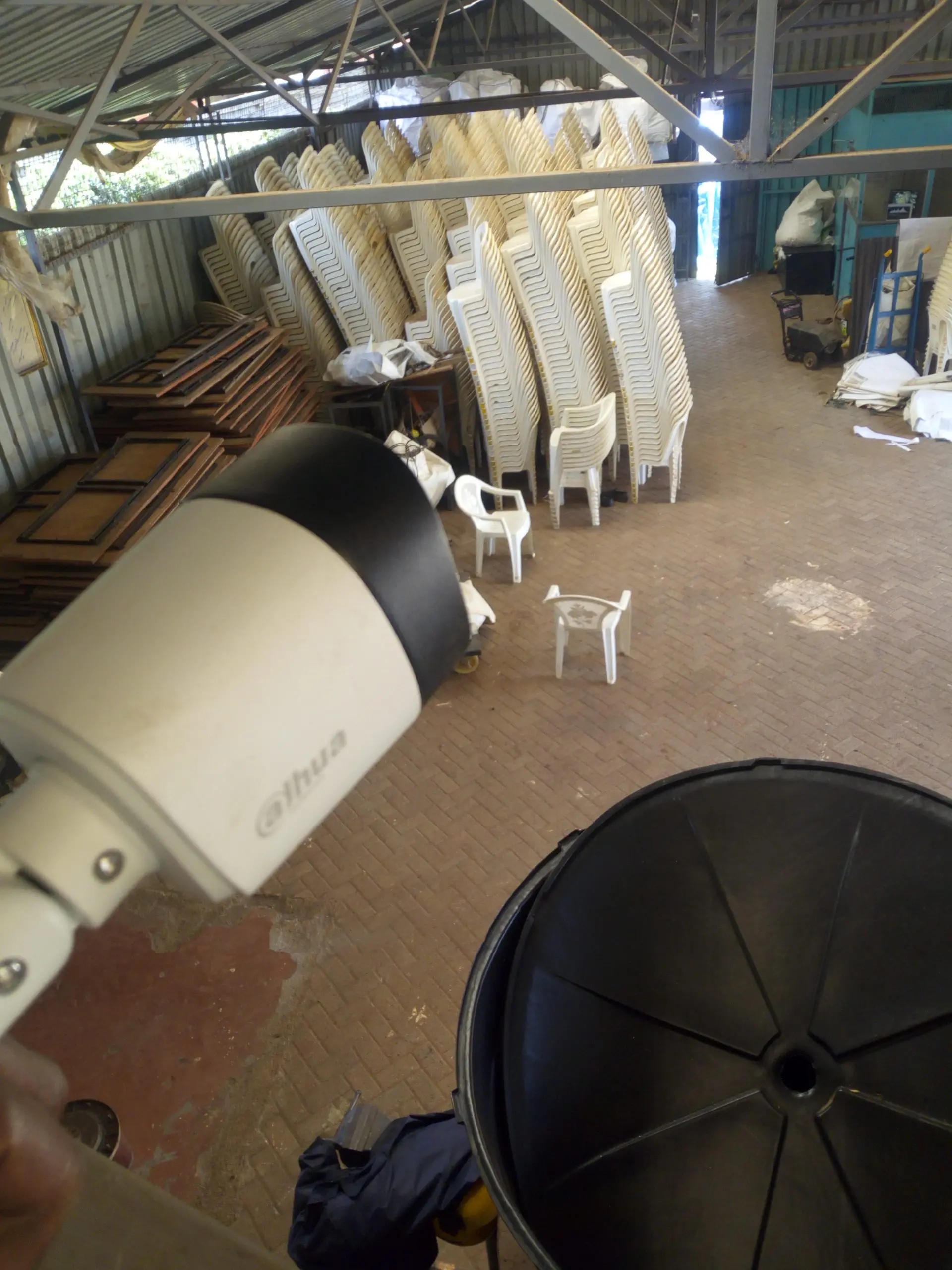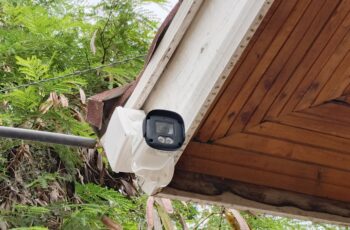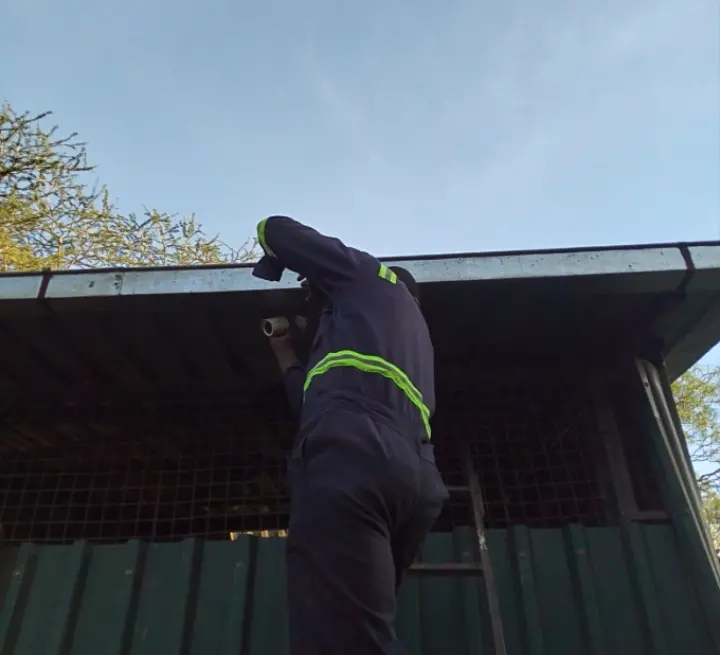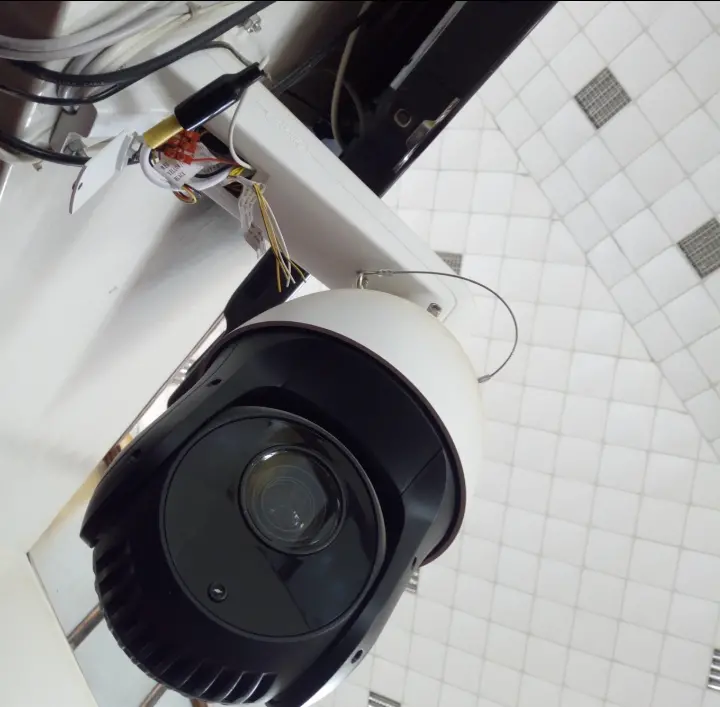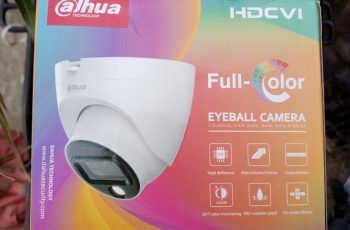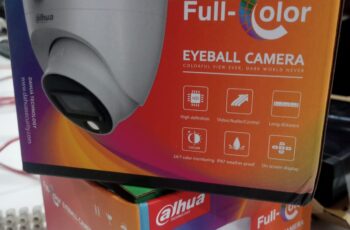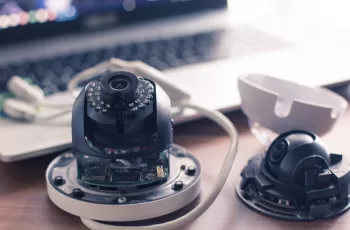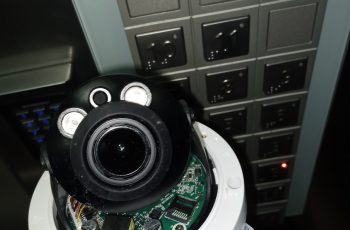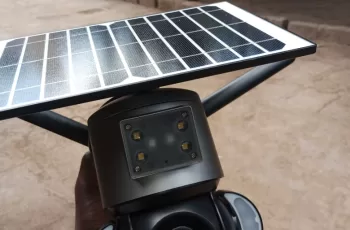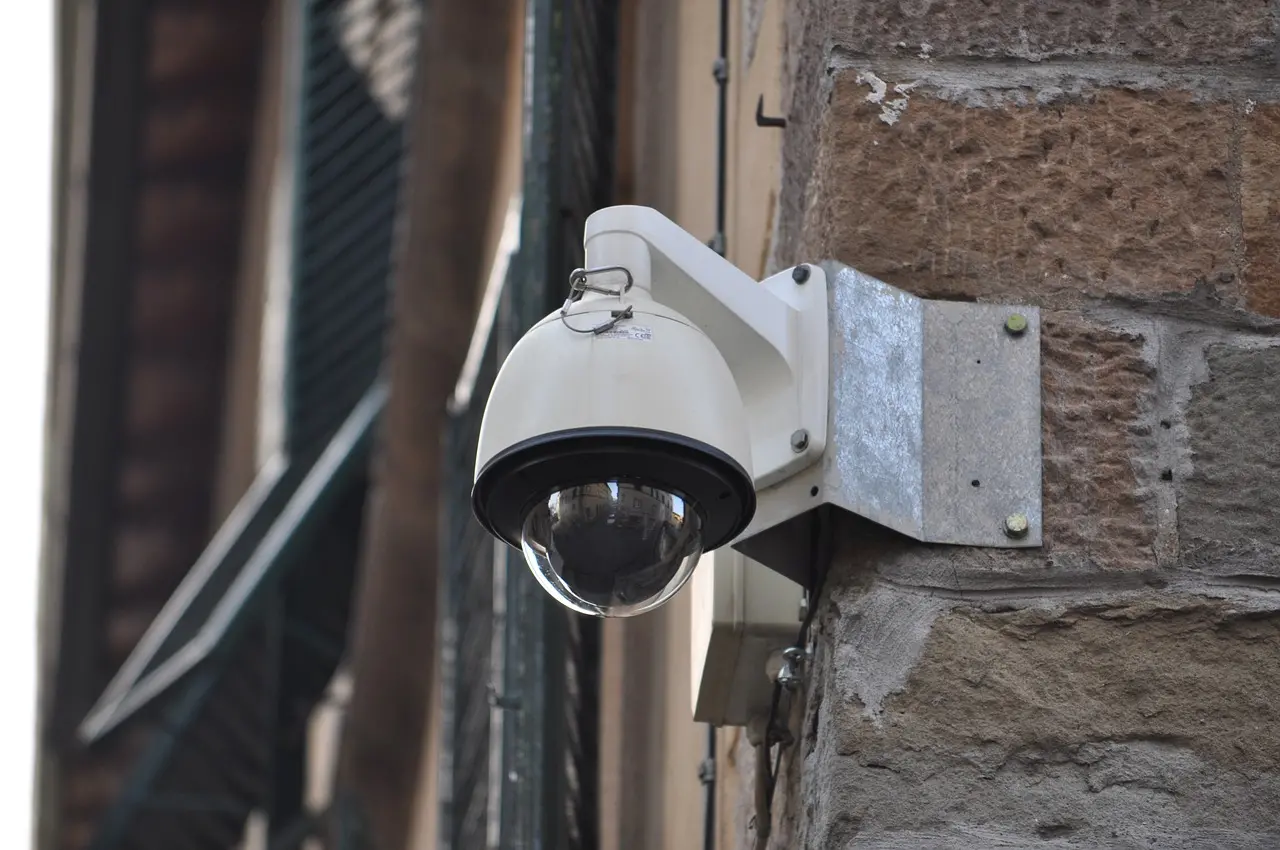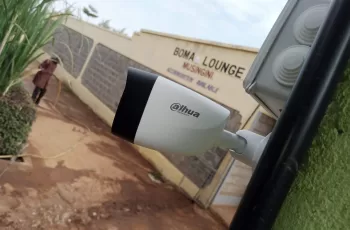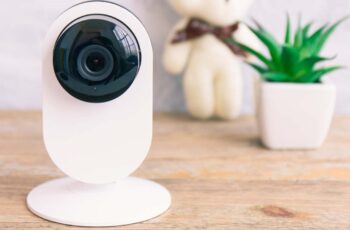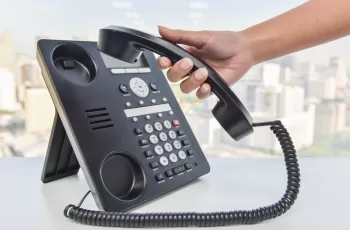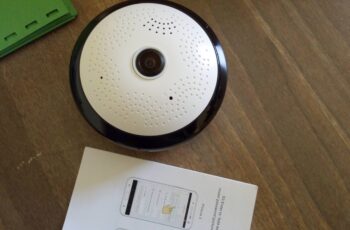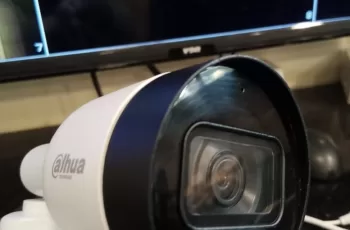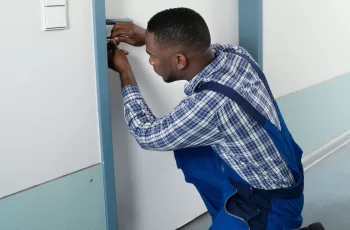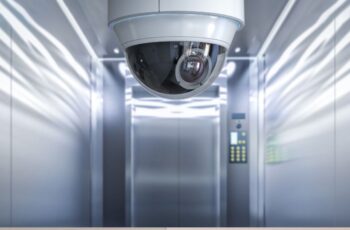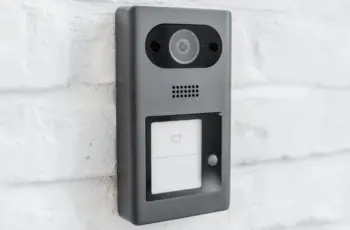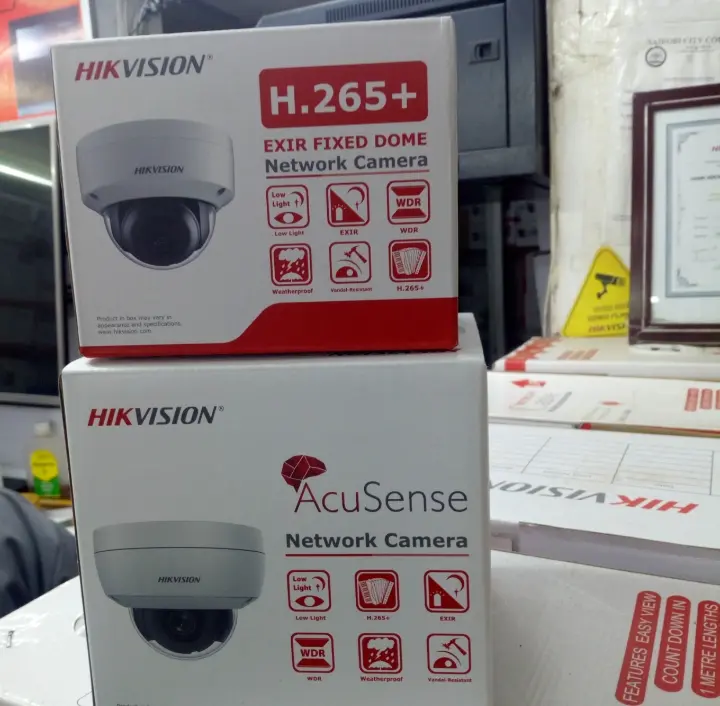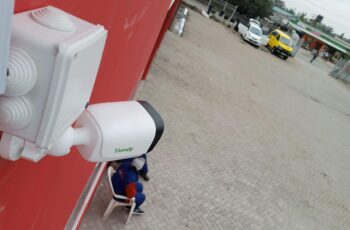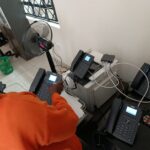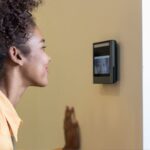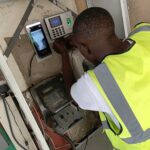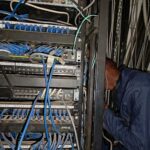A Complete Guide to CCTV Cameras in Kenya
A Complete Guide to CCTV Cameras in Kenya. As security concerns rise across the globe, the adoption of CCTV (Closed-Circuit Television) cameras has become increasingly common in Kenya. These systems serve as powerful tools for surveillance, deterring crime, and enhancing safety in both residential and commercial properties. With various options available, it’s essential for consumers to understand what CCTV cameras can offer and how to choose the right system for their needs.
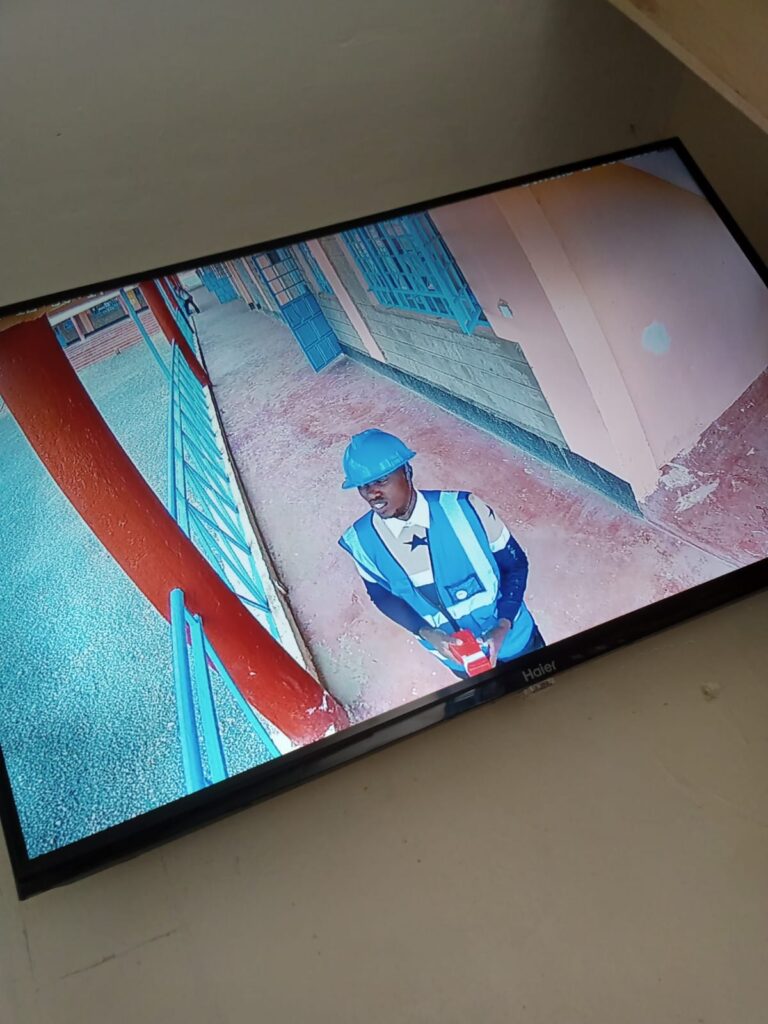
In this Complete Guide to CCTV Cameras in Kenya, we will explore essential questions regarding CCTV cameras in Kenya, providing detailed insights to help you make informed decisions. We will also incorporate relevant backlinks for further information and resources, ensuring you have access to the most accurate and helpful content.
Which is the Best CCTV Camera in Kenya?
When considering the best CCTV camera in Kenya, evaluating features such as resolution, field of view, night vision capabilities, and ease of installation is crucial. Popular brands include Hikvision, Dahua, and CP Plus, noted for their reliability and quality.
Hikvision CCTV Cameras In Kenya
Hikvision offers a wide range of products, including high-definition cameras with advanced features such as motion detection and remote viewing capabilities. For more details on their offerings, visit their official website: Hikvision Kenya.
Dahua CCTV Cameras In Kenya
Dahua provides competitive pricing and features, known for excellent low-light performance and user-friendly interfaces. More about Dahua’s range can be found here: Dahua Technology.
Ultimately, the “best” camera depends on individual needs—whether for home security or business surveillance. Users in Kenya typically prioritize durability, weather resistance, and support services. Consulting with local suppliers and comparing models based on customer reviews can provide further guidance.
How to Choose the Best CCTV Camera for Home In Kenya?
Choosing the right CCTV camera for your home involves several considerations. Start by identifying the areas you want to monitor—entry points, living spaces, and outdoor areas.
Key Factors to Consider:
- Resolution: Higher resolution cameras (1080p or higher) provide clearer images.
- Field of View: A wider lens captures more area, reducing the number of cameras needed.
- Night Vision: Look for cameras with infrared capabilities for low-light monitoring.
- Storage Options: Determine whether the camera records to the cloud, local storage, or both.
- Connectivity: Decide between wired and wireless options based on your home layout and internet reliability.
Many manufacturers offer online tools or customer support to assist you in selecting the right camera. Researching user reviews and comparing specifications from various vendors can also guide your decision-making process. For further assistance in selecting CCTV systems, check out CCTV Kenya, which provides comprehensive guides and customer support.
Which CCTV Camera is Better: Wired or Wireless?
The choice between wired and wireless CCTV cameras often depends on your specific needs and installation environment.
Wired CCTV Cameras
- Pros: Generally more stable, less prone to interference, and often provide better video quality. Ideal for permanent installations.
- Cons: Installation can be complex and may require professional assistance, especially in existing structures.
Wireless CCTV Cameras
- Pros: Easier to install and relocate, offering flexibility in placement. Ideal for renters or temporary setups.
- Cons: Dependent on Wi-Fi connectivity, which may suffer from interference or signal loss.
Both types have their place in security systems. If consistent quality is essential and you don’t mind the installation process, wired cameras may be best. However, if ease of setup is a priority, consider wireless options. For more information, visit CP Plus, which offers both wired and wireless solutions with detailed specifications.
How Many CCTV Cameras Do I Need for My House?
Determining how many CCTV cameras you need involves evaluating your property’s layout and identifying vulnerable areas. A comprehensive security strategy typically includes:
- Entry Points: Monitor front doors, back doors, and garages.
- Common Areas: Place cameras in living rooms and hallways where valuables are stored.
- Exterior Areas: Position cameras in backyards, driveways, and side entrances.
General Guidelines:
- A small apartment may require just one or two cameras.
- A larger home might need four to six cameras for complete coverage.
- Consider overlapping views to ensure there are no blind spots.
Consulting with security professionals can provide tailored recommendations based on your property. Websites like Boardtac offer security packages that include consultation services.
What are the Disadvantages of Wireless CCTV Cameras?
While wireless CCTV cameras offer convenience, they also come with certain disadvantages:
Disadvantages:
- Dependence on Wi-Fi: If your internet goes down, your cameras may be affected, hindering surveillance capabilities.
- Signal Interference: Physical barriers and electronic devices can cause signal loss.
- Battery Life: Many wireless cameras require battery changes, which can be inconvenient.
- Potential for Hacking: Wireless systems may be more vulnerable to cyberattacks if not properly secured.
For these reasons, it’s essential to weigh the pros and cons carefully before opting for a wireless setup. Check Ring for more insights on the security of wireless systems and how to secure your cameras.
Do I Need an Internet Connection for CCTV Cameras?
The requirement for an internet connection largely depends on the type of CCTV camera system you choose.
Internet-Dependent Systems:
- Cloud-Based Cameras: Require internet access to upload footage for remote viewing and storage.
Offline Systems:
- Local Storage Cameras: Can record directly to an SD card or a local DVR, meaning they don’t need an internet connection.
If remote access and monitoring are important, investing in an internet-enabled system may be worthwhile. However, if you only need local surveillance, a wired system with local storage could suffice. For further exploration of this topic, visit Swann, which discusses both types of systems in detail.
Which CCTV Camera is Better: HD or IP?
The distinction between HD (High Definition) and IP (Internet Protocol) cameras is significant when it comes to CCTV systems.
HD Cameras:
- Resolution: Typically 720p or 1080p.
- Limitations: Limited flexibility in terms of features and remote access.
IP Cameras:
- Resolution: Can exceed 1080p, offering greater clarity.
- Advantages: Support advanced features like motion detection, remote viewing, and integration with other security systems.
For modern security setups, IP cameras are often preferred due to their superior quality and functionality. To compare various models, check out Axis Communications, a leading manufacturer of IP cameras.
Does Home CCTV Use a Lot of Electricity?
The energy consumption of home CCTV systems can vary, but most cameras are designed to be energy-efficient.
Factors Influencing Energy Use:
- Camera Type: Wired cameras may consume more power than battery-operated wireless models.
- Resolution: Higher resolution cameras can draw more power.
- Operating Time: Continuous recording consumes more energy compared to motion-activated recording.
Overall, the electricity usage of home CCTV systems is relatively low compared to other household appliances. For a detailed analysis of energy consumption, refer to Understanding CCTV Camera Energy Consumption.
Where Should CCTV Cameras Be Placed on a House?
Effective placement of CCTV cameras is crucial for maximizing security. Here are strategic locations to consider:
- Entrances: Cameras should monitor all access points.
- Driveways: Position cameras to capture vehicles entering and leaving.
- Common Areas: Place cameras in living rooms or family areas for additional coverage.
- Perimeter: Outdoor cameras should cover the property boundary.
Conducting a risk assessment of your property can help determine the best placements. For professional advice, consider consulting with security companies like G4S Kenya.
Keywords: CCTV camera placement, home security camera locations, effective CCTV installation
Can Wireless CCTV Work Without Electricity?
Wireless CCTV cameras typically require some power source to operate, whether from a power outlet or batteries.
Battery-Operated Options:
Some cameras are designed to run on batteries, allowing for flexibility in placement. However, they will eventually need recharging or battery replacement.
Power Sources:
Many wireless systems come with options for solar power or can be connected to a power bank, providing additional versatility for placement. For more information on battery-operated systems, visit Lorex, which offers a range of solutions.
Keywords: Wireless CCTV power needs, battery-operated cameras, CCTV without electricity
Can Wireless CCTV Record Without Internet?
Yes, many wireless CCTV systems can record without an internet connection. These systems usually store footage locally on an SD card or through a Network Video Recorder (NVR).

